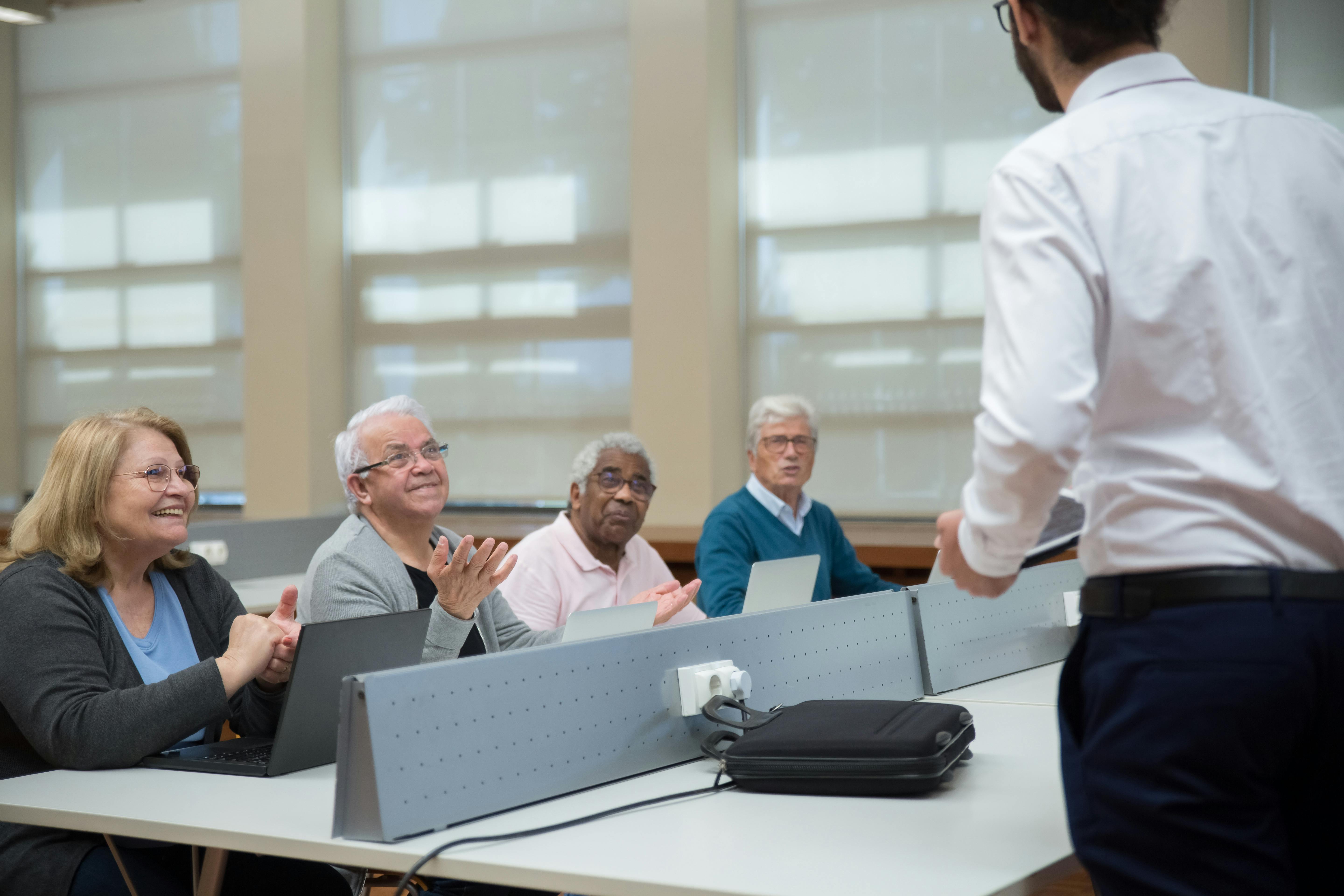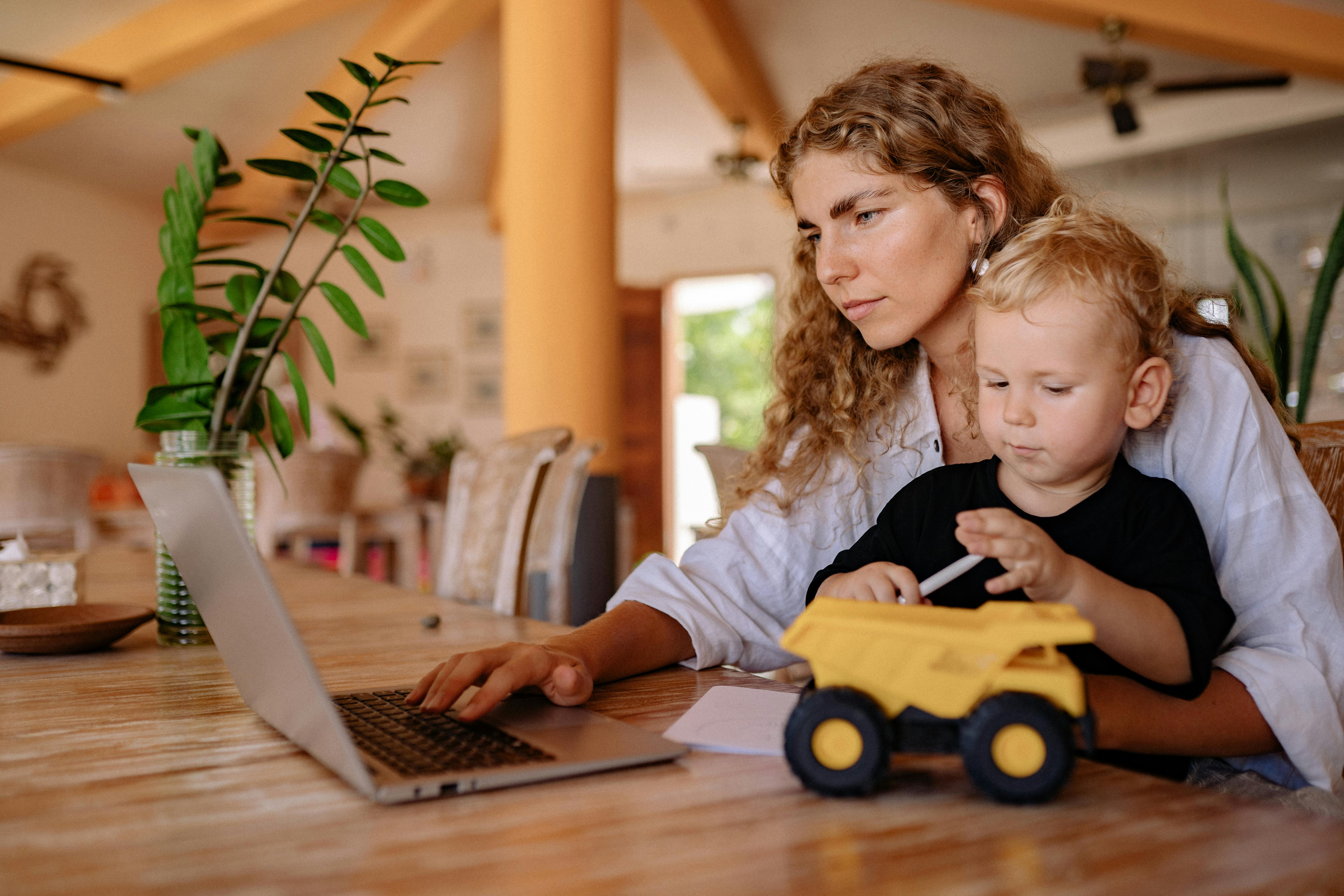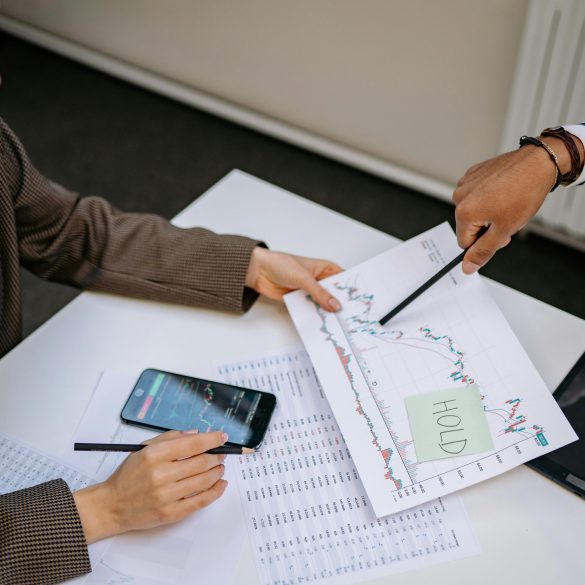Dominican Republic’s Simple Guide to Lifelong Digital Skills
Here’s something I never expected when I started working in Dominican youth education initiatives: the energy, adaptability, and hunger for digital know-how among young professionals today is, frankly, unmatched—and yet the educational system still struggles to consistently deliver foundational digital skills for lifelong growth1. Years ago, I would’ve argued that access was the biggest barrier. Now, in 2025, things have shifted dramatically; it’s about making learning genuinely practical, culturally relevant, and ongoing. This guide, then, is for anyone navigating that journey—whether you’re a recent university grad, a parent, a school leader, or just someone who fully intends to stay employable long-term.
Let me paint a quick picture, just to ground us: Imagine a young Dominican professional—let’s call her Lucía—fresh out of UASD or PUCMM. She’s brilliant with language, community engagement, and traditional business skills, yet suddenly finds she’s missing some must-have digital basics for remote work, collaboration, or even entrepreneurship. That disconnect? Still all too common. I see it every month in my consulting work; high-potential talent, underprepared for a digital-first future, feeling both excited and overwhelmed. Sound familiar?
The Dominican Republic boasts one of the fastest-growing internet penetration rates in the Caribbean region, with over 80% of young adults now online—a massive jump from just 50% a decade ago2. Yet formal digital literacy training lags behind demand.
Why Digital Skills Matter in the Dominican Context
Honestly, growing up just outside Santo Domingo and later coaching high schoolers in San Pedro, I saw the digital gap up close—a divide not just about access, but about confidence, up-to-date know-how, and locally relevant application3. Nowadays, most Dominican companies prioritize digital proficiency for entry-level jobs (even in roles that weren’t tech-heavy before!). Believe me, every HR manager I’ve spoken to in the last year—whether in tech, tourism, or business—said the same thing: if you can’t navigate collaborative tools, analyze basic data, or communicate online, you’re already behind4.
Digital skills aren’t just about coding or advanced analytics. For most Dominicans, they begin with practical everyday tools—think Word, Excel, email, WhatsApp for business, and basic web research.
- Local employers now test for basic tech proficiency—a trend since 2022.
- Remote work opportunities have exploded post-pandemic.
- Cross-border jobs are increasingly accessible for those with strong digital basics.
- The digital economy is opening new frontiers: online freelancing, remote project management, digital marketing, and virtual assistant work.
Foundational Skills: Where to Begin?
This is where a lot of guides go off the rails, in my experience. Instead of starting with buzzwords, let’s get specific. Based on numerous local workshops—and, just as importantly, my own failed attempts back in 2019 to teach “tech stuff” without context—the most important starter skills for Dominican young professionals are:
- Basic productivity: Word, Excel, presentation tools
- Professional communication: email etiquette, instant messaging
- Online research: verifying sources, knowing where to look
- Digital security: password hygiene and safe file sharing
Let me dive deeper. Back in late-winter 2023, at a community tech fair in Santiago, we ran a quick quiz: Half the young participants said they used social media daily, but less than 20% felt “confident” doing online research for school or work projects5. The same pattern popped up with email—everyone has an account, almost no one actually organizes their inbox or uses professional signatures. Why? Well, educational curricula haven’t shifted to the new reality yet.
What strikes me most: Even the most motivated young professionals stumble over these basics if their education focuses more on theory than practice. It’s where local adaptation and ongoing self-guided learning become absolutely crucial.
Building a Lifelong Learning Mindset
I’ll be honest: After a decade consulting in digital education, what has stayed with me isn’t that some students “get it” and others don’t—it’s that those who *keep learning* ultimately win. The Dominican Republic, like most developing nations, is finding that the key is less “once-and-done” skills and more genuine, adaptive learning6. This absolutely vital concept: digital learning can—and must—be lifelong, iterative, and locally relevant.
How do you make this shift? Through small, repetitive actions and contextual adaptation. For Dominican young professionals, this mindset comes down to:
- Seeing digital skills as tools for personal & career growth—not just academic hurdles.
- Regular upskilling, whether by free YouTube tutorials or local workshops in Santo Domingo.
- Actively applying new knowledge in real-world settings—work projects, freelance gigs, or even community volunteer work.
Back in 2022, I’ll admit, I was skeptical about online courses. They seemed, frankly, a bit impersonal. What changed? Multiple Dominican mentors shared stories of how Google Classroom and Coursera are helping rural students and city professionals alike bridge gaps in their formal education7. The more I think about it, the more convinced I am: ongoing, digital-first lifelong learning is an absolute necessity.
Build a “learning habit.” Spend 10 minutes daily exploring new skills—treat it like a workout for your brain. Trust me, after a month, the difference is real.
Local Success Stories & Learning Mistakes
Let me step back a moment. How do you actually “build skills” day by day—especially in a Dominican context? Real stories matter more than theories here. Last year, I worked with a group in San Cristóbal aiming to launch a youth-run online shop. Sounds easy, right? Actually, our first attempt failed when nobody checked their emails or shared updates online. Fast-forward three months, after hands-on practice with shared Google Sheets and WhatsApp groups, everything changed; suddenly, communication improved, sales followed, and confidence skyrocketed.
That’s the big lesson—mistakes are inevitable. What counts is how openly you reflect, iterate, and adapt.
Funny thing is, most digital skill-building efforts fall flat early on—usually from overcomplicating things. I used to think you had to start with programming or fancy design. Nope. Real progress comes from mastering simple, everyday tools and communication strategies in Spanish and English.
The government’s “República Digital” initiative aims to train over 230,000 young people in basic tech skills by 2026, prioritizing underserved communities8.
Also worth mentioning: After a rocky start, some rural schools have created WhatsApp groups with local leaders—to share resources, job tips, and ongoing mentoring. Not a fancy solution, but massively effective when adapted for real needs9.
Common Pitfalls to Avoid
- Relying solely on formal classes (they’re valuable, but not enough).
- Ignoring everyday practice and local adaptations.
- Thinking digital skills are “technical only”—when, in fact, collaboration, communication, and creativity matter just as much.
Mistakes are not failure; they’re progress markers. Every missed email, every messed-up Excel sheet, is a step closer to mastery if you reflect and adapt.
Structuring Personal Digital Growth
So, how does one move from knowing basics to building advanced skills—and sustaining lifelong progress? Here’s a framework built from years of trial and error, adapted for Dominican young professionals:
- Self-assessment: What can you do confidently? Where do you always need help?
- Set a micro-goal: One new skill per month. Example: “Learn Canva basics for branding.”
- Track progress: Keep a digital “skills journal”—notes, portfolios, screenshots, feedback.
- Connect locally: Find WhatsApp groups, online forums, or local tech meetups. Community is critical.
- Repeat. Lifelong learning is all about daily repetition, feedback, and community support.
I used to skip step three—track progress. Bad move. It’s the only way you really see growth or spot gaps, especially when life gets busy. Three years ago, during a particularly hectic consulting period, I nearly burned out making endless new presentations. What saved me? A simple skills log and bi-weekly peer feedback.

Resources, Programs, and Local Networks
This next bit is critical—and where most guides fall short. Skills grow fastest when you have reliable, relevant resources. In the Dominican Republic, options range from the government’s “República Digital” portal to innovative private bootcamps and global online platforms in Spanish and English10.
Double down on official and community resources. Not everything needs to be paid for. Some of my best local students grew by leveraging free YouTube channels, WhatsApp clusters, and co-working spaces.
Dominican Digital Skill Resources: A Quick Guide
| Resource | Type | Cost | Coverage |
|---|---|---|---|
| República Digital Portal | Government | Free | Basic productivity, security, web research |
| Platzi | Private Platform | Paid | Coding, design, marketing, remote work |
| Coursera/Google Career Certificates | Global/Online | Free/Paid | IT, data analysis, project management |
| Local Tech Meetups | Community | Free | Networking, real-world skills |
What really stands out: Community-based learning platforms. I’ve attended three different Dominican coding bootcamps since 2021—each one worked because instructors mixed local anecdotes, simple Spanish-English digital tutorials, and ongoing peer support.
So, what’s the best approach if you’re just starting out—or aiming to level up in 2025?
- Scout free government programs (“República Digital” is a solid first stop).
- Join WhatsApp or Facebook groups for local digital entrepreneurs.
- Start a peer feedback circle: weekly check-ins, resources share, problem-solving.
- Mix global learning platforms with local adaptation. For instance, apply what you learn on Coursera to a community project in Santo Domingo.
Honestly, I’m partial to “learning by doing” and sharing your progress in a supportive local group. Based on local survey data11, nearly 60% of young Dominicans develop digital skills fastest through informal peer learning rather than formal coursework.
Advanced Skills & Specializations
What about higher-level digital skills? Here’s where you can really stand out in Dominican—and global—job markets:
- Basic coding (Scratch, HTML, Python for beginners)
- Digital marketing (social media campaigns, SEO basics)
- Graphic design (Canva, Photoshop, Illustrator basics)
- Data analysis (Google Analytics, Excel, Tableau)
Choose one advanced skill to explore in-depth each quarter, tied to a real-life Dominican project, then share your results with peers.
Quick reality check: It’s perfectly normal to struggle at first. That’s why community, reflection, and real feedback matter so much more than technical “perfection.”
Interactive Elements for Self-Growth
How do you ensure you’re making progress? Simple interactive habits: monthly self-assessment quizzes, regular portfolio updates, and peer review cycles. Try answering these:
- What were your last three “digital wins” in the past month?
- Where do you still feel uncertain—with tools, concepts, or communication?
- Who can you ask for feedback or join for informal coaching locally?
Take five minutes right now—pause, jot down your answers, and think about your next step. No fancy tools needed, just a note on your phone or notebook.
Conclusion: Dominican Digital Growth Is Lifelong
Before we wrap, let me circle back to what genuinely surprised me as a teacher, mentor, and learner: Dominican young professionals don’t lack potential—they lack ongoing structures and local networks to sustain digital growth. Our digital environment evolves constantly—remote work, online marketplaces, and global opportunities expand nearly every month. Only those willing to learn, adapt, stumble, and get back up will stay ahead12.
Building lifelong digital skills isn’t about mastering one tool or one course. It’s about staying curious, leveraging local resources, making mistakes with purpose, and surrounding yourself with support.
Think about Lucía—the hypothetical grad I mentioned at the start. Her path will be marked by iteration: learning to communicate online, mastering a portfolio, joining local tech collectives, failing at first, then gradually excelling. The more you invest in daily learning, celebrate small wins, and nurture community ties, the further you’ll go.
Want a next step? Here’s a practical, professional call-to-action:
Set one digital micro-goal for the next month. Join a Dominican WhatsApp group, find a free online course, share your progress, and ask for peer feedback. Reflect, repeat, and reach out. Lifelong digital growth starts locally, today.
Future-Proofing & Repurposing: Ready for Anything
- Update your “skills journal” with new certifications or achievements every quarter.
- Share your journey in local meetups; inspire the next generation.
- Extract data tables for use on social media, infographics, or webinars.
- Convert checklist boxes and actionable frameworks into tip-sheets for WhatsApp or Facebook—help build Dominican digital literacy, one step at a time.
So, wherever you are—beginner or mid-career—embrace every messy attempt, every progress log, every community challenge. This is the Dominican way, and it’s never been more vital.
References



